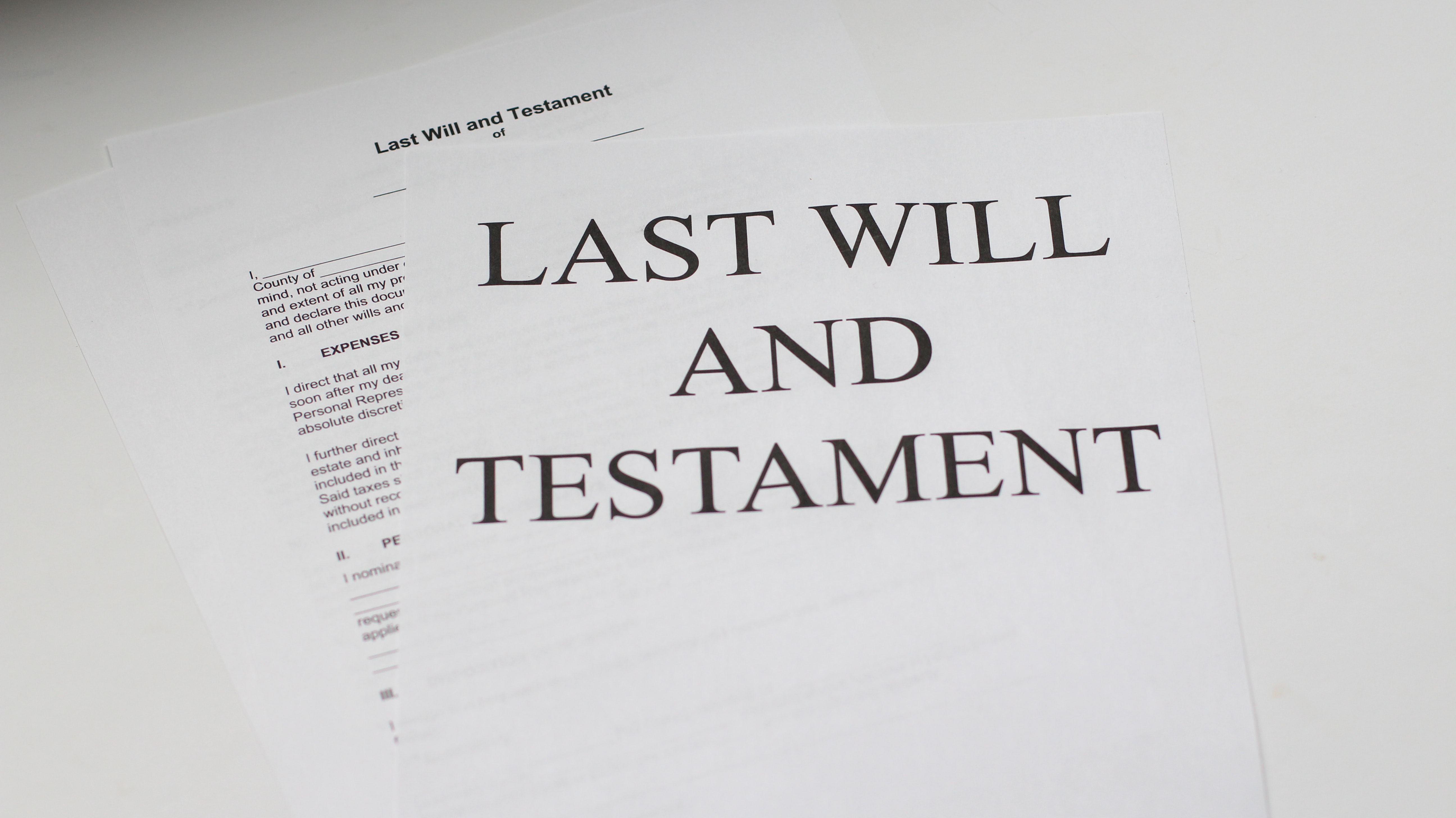Wills and enduring power of attorney documents
At it’s simplest, estate planning is making sure that your assets accumulated by you during life and death pass to the right people on your death.

It is also more complex than that as considerations must be made in the event you lose capacity in addition to various other factors (such as if you own assets jointly, through other structures, overseas or have complex family or business circumstances).
Your Will and enduring power of attorney forms a core part of your estate plan as they govern all your personally owned assets.
Your Will
Specifically, assets held by you personally will fall under a Will, in which case, the assets that can pass to your intended beneficiaries will be those that remain after any existing debts owed by you personally have been repaid or adequately dealt with.
Assets held in companies and trusts do not fall under your Will, and you may need to consider other documents to deal with them (to ensure the assets in those entities pass to the right people).
Other than having your assets pass to the right people, it is important to appoint people to ensure your estate is appropriately administered. This person is called an executor, and acts as your legal personal representative when you pass away. They will be responsible for making decisions in relation to your assets, and are required to sign transfer documents on your behalf when you are deceased.
Your estate plan should also appoint a guardian if you have minor children at the date of your death. This ensures there is certainty in relation to who is intended to look after any of your minor children, as opposed to having to go to Court to have this confirmed (which would, again, be more costly and add delays to who takes care of your children).
Enduring power of attorney documents
Your Will contemplate what happens if you pass away. However, as part of a holistic estate plan, we need to consider what happens if you need someone to act on your behalf while you are still alive (but either are not able to make such a decision or have lost capacity). These are governed through your enduring power of attorney documents.
Generally, financial attorneys are able to make any financial decision you can make. This is necessary if you are unable to make decisions yourself, and someone is required to make those decisions (paying the bills, or transferring money from one bank account to another) on your behalf.
Whilst lawyers’ preferences differ on this point. Some recommend that a financial attorney is only able to act on your behalf once you lose capacity (so your attorney cannot abuse their power). Other lawyers recommend to have this power effective immediately (having someone able to make decisions on your behalf when you can’t, for example, while you are overseas, on a cruise or ill in hospital). We can discuss with you what is most suitable for you based on your intentions and objectives.
In contrast to a power of attorney for financial decisions, personal/health matters are only effective once you lose capacity. They also generally relate to minor health decisions.
There is also another health document called an advance health directive that you should consider walking through with a medical practitioner so that there is clarity on what should happen to you if you were to be in a critical health condition, and wish to document your preferred treatment.
Dealing with non-Will assets
A Will may not always be enough when dealing with non-Will assets. Additional documents may be required to complement your Will and assist with ensuring your estate planning intentions as reflected. These documents can include:
Why choose use to assist with your estate plan?
We believe that part of estate planning is knowing about the bigger issues regardless of whether they are relevant for you today or not. As such, we focus in ensuring you understand the bigger picture so that you can stay on top of the estate planning issues relevant to you as your circumstances change. We do this by providing you with an estate planning presentation to breakdown and explain the complex legal issues and considerations so that you know what you don’t know.
We also don't expect you to remember everything discussed in our meeting, so any recommendations in relation to non-Will assets will be confirmed in writing in a ‘To-do List’ to you when we provide your Will documents.
Finally, we have a deep interest in trusts, superannuation and tax, and leverage from our expertise in these fields to assist in providing suitable tax effective solutions regarding complex estate planning intentions for your structures.